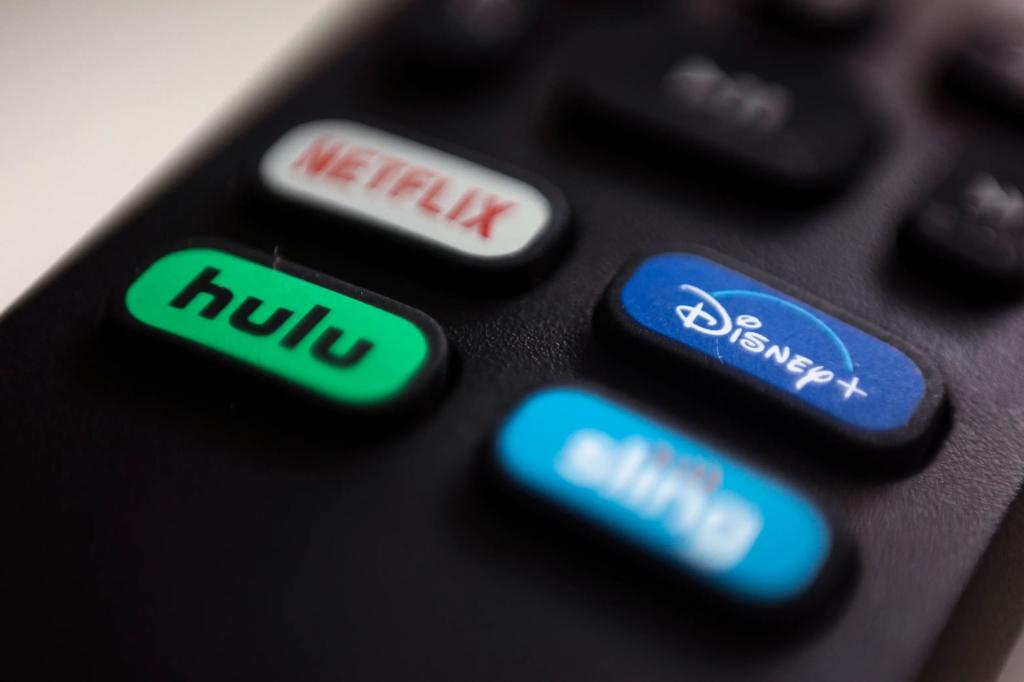A new report Saturday revealed that media piracy is back and bigger than before — and experts say streaming services are to blame.
In the report, which was published by The Daily Beast, streamers such as Max, Disney+ and Hulu are responsible for the surge after pulling popular titles from their platforms, prompting watchers to find alternative channels to view them.
One example used in the report was HBO’s sci-fi series “Westworld” which was yanked from the streaming platform Max shortly after it uploaded its fourth and final season.
Another came in the form of the ill-fated “Bat Girl” film which was shelved by Warner Brothers in August 2022 after it was so poorly received by moviegoers that the studio decided to cut its losses.
“Subscribers feel exhaustion and frustration when they can’t access ‘their content,’ or when titles—even titles produced for a streaming service — are dropped from that streaming service, or when titles bounce around from one streamer to another,” director Alfred Giancarli told the outlet.
“I think there are lots of reasons why people download or use digital file sharing to access movies,” Giancarli said. “From ease-of-use, cost- and space-saving, because the film may not be available where they live or may be too expensive to obtain through traditional means.”
“The people I know who do [pirate] are some of the most rabid cinephiles I know,” he added. “They’d happily pay for a movie if they could.”
The online theft epidemic began in the early 2000s as several unrestricted media websites such as The Pirate Bay, LimeTorrents, TorrentDownloads and several others began appearing all over the internet — eluding authorities by launching new URLs every time a predecessor was busted.
According to a report by The Software Alliance, an organization dedicated to fighting online piracy, by 2017, the number of films pirated had dropped by a whopping 37%.
“Current piracy levels are still nowhere near what they were five years ago,” Ernesto Van der Sar, editor of the trade publication TorrentFreak, told The Daily Beast.
However, in 2021, the European Union Intellectual Property Office revealed that piracy was once again on the upswing.
“Current piracy levels are still nowhere near what they were five years ago,” Van der Sar wrote in TorrentFreak article. “However, a trend reversal is notable and may suggest that we’re at a pivotal
point in time.”
Geography also plays an important role in what media is available.
According to the report, studios often sell media distribution rights by territory for a certain amount of time.
While one distributor might handle the film for 10 years in the US, another one could sell the rights in another country for less or more time.
An example used by the reports days is that these “silos” are the reason why you’re able to watch one movie in the US but not the UK.
“The streaming industry has to converge towards a system where consumers can watch pretty much everything they like for an affordable price,” Van der Sars said. “That sounds straightforward, but in an industry that’s built around licensing silos with billions in revenue at stake, that’s easier said than done.”




